Description
Setar written by Jalal Al-Ahmad is a collection of several stories that deal with ignorance, superstition, extremist beliefs and common mistakes among the people.
Introducing the book Setar by Jalal Al-Ahmad
The collection of 13 stories of Shattar, like other stories of Al-Ahmad, looks at the problems of the poor and needy people of the author’s time. Basically, in the stories of Jalal, the traces of his life are quite evident, and he and several other contemporary writers try to reflect the roots of the unfavorable conditions of society, so that perhaps the suffering people, based on their misery, may make a move to change their miserable life. The millennial rabbit wakes up. Suhtar is the title of the first story in this series, in which Jalal is involved in a very important social problem, which is to involve people with small religious issues in order to divert them from the problems of society and to divert people’s thoughts and ideas.
Jalal Al-Ahmad, an Iranian writer, translator and intellectual, is considered one of the most famous intellectuals in terms of his theories and stories in the 1940s. She was also the wife of Simin Daneshvar, a famous Iranian writer. The most important works of Jalal Al-Ahmad are: The Curse of the Earth, The Principal of the School, Setar, Many Women, From the Suffering We Saw, Westernization, A Stone on the Grave, and Visit.
Setar is the name of a story from a collection of the same name, which includes a total of thirteen stories. Perhaps it can be said that the story was a platform for Jalal al-Ahmad, who always had ideological, political and social concerns, to express what he thought. That is why his literary works are full of various ups and downs.
There is no Chinese introduction to this story at all, and perhaps this is one of the interesting points of Setar’s story. The story is actually about the life of a man who, due to lack of money and inability to buy an instrument, did not use his talents as he wanted, and when his only wish came true, things happened in such a way that he failed.
This young boy, who is not interested in school, is perhaps the representative of the young section of the society that Al-Ahmad criticizes. This young man always faces obstacles that keep him out of his way. One of the characters in this story, who is a boy selling perfume, can be similar to reactionaries or reactionaries in society. He is the one who finally blows all the wishes of the main character.
Jalal al-Ahmad also criticizes superstitious and sick societies in the stories of Setar collection with a precise and delicate look. The stories of this collection are similar in language and structure to the stories heard from the people and have their roots in the depths of Iranian culture.
In this story, there is only one situation of a teenager who has no information about his past. It is as if the author did not care to engineer the information and convey it to the audience in a short story structure. He only depicts the situation of the poor teenager at the moment and describes in detail what is happening around him.

Jalal al-Ahmad is perhaps one of the few writers to portray the ugly face of poverty so vividly or even annoyingly. But what needs to be said is that Al-Ahmad has done a deep characterization in this series, and especially in Setar’s story, although he may not have adhered to the narrative structure.
This characterization is shown at the beginning of the story by showing the young boy’s obsession with performing his obligatory ghusl, and the audience probably knows exactly what this character is like.
Setar book by Jalal Al-Ahmad which contains several short stories. Its main subject is portraying and criticizing people’s misconceptions, and the first story in this book, Setar, is about extremist and misconceptions about music. In this book, Jalal Al-Ahmad’s humor is less noticeable and the stories induce a sad and sad mood to the audience. Al-Ahmad’s prose has been considered by many critics in this book and has made this book one of his best books.
In a part of Setar book, we read:
They did not delay much at the border checkpoint. They checked my ID. They matched his picture with my face, saw the sheet of my smallpox that I had taken that morning in Khorramshahr for two tomans, and allowed him to enter. Condition (police) ran forward. He picked up my suitcase and fell forward. It was not far from the checkpoint to Lip Shatt.
The long, pointed bellows, lined with chaffed carts and sticks in their hands, lined up next to the Shatt and mumbled Arabic. One of them came and whispered to the border guard. Took the suitcase from him. He put it in my mouth. We accommodated both, but it did not work. He mounted four others; A veiled but agile woman, another constable and two old men. And then we set off.
The fog was standing on the river, and among them was the ghost of large oil tankers and the sails of small boats, fading. Our long wooden boat wraps itself in the middle of large steamboats and sailing boats, and rubs me with bitumen, tearing me apart with a surprised eye from among these terrifying monsters. And Bami’s group song from afar, on the muddy water of Shatt and came towards us.
It was the first time I had ever sat in a boat on the water. I had heard that people were upset on the water, but I was confident. Once or twice, when we walked around the foot of an oil tanker, two heads were confused. But I held myself and then I came to my senses.
The weather was very hot. The fog went down to the throat and had a sour taste. There was nothing left until noon. In the morning, I had left Khorramshahr for 20 tomans in a taxi, with a thousand checks and a chin. And when I entered the Iraqi border checkpoint, we had half an hour to noon. Comrades on the way from Tehran to Ahvaz, who had met on the train, had insisted that I refuse to stay and in the evening, together with them, set sail in Sheikh Abboud’s twelve-person boat. I thought to myself, “Why? I have a ID, why should I delay my work? “Should I cross the border at night with a group of smugglers?”
1- Introducing the book on YouTube
2- Introducing the book in Aparat

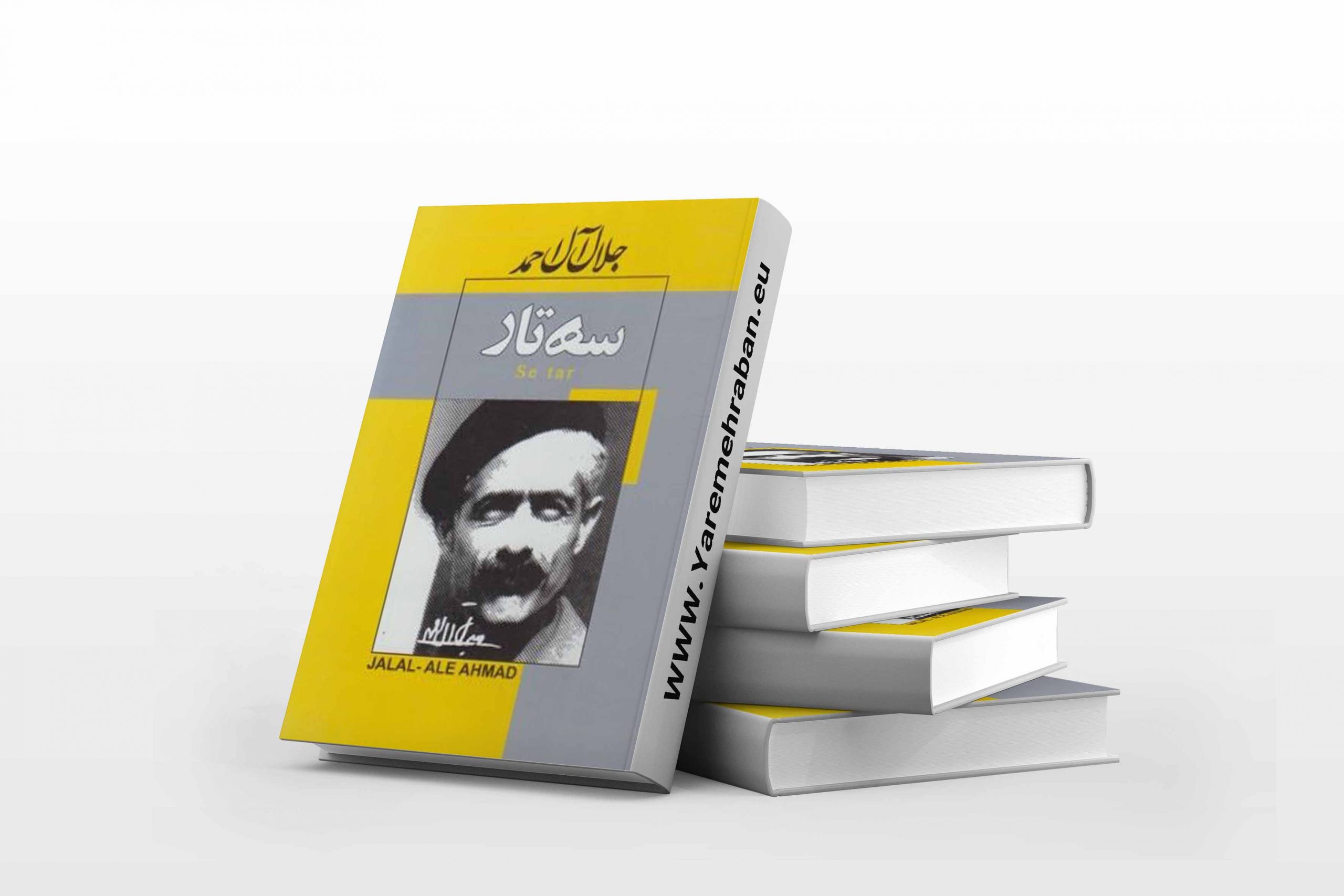
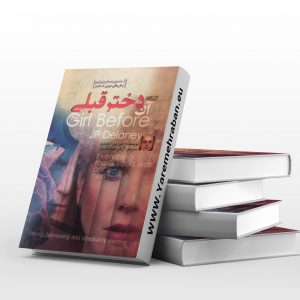
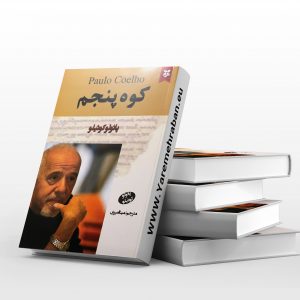
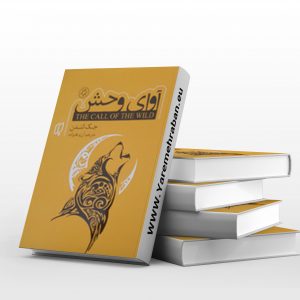

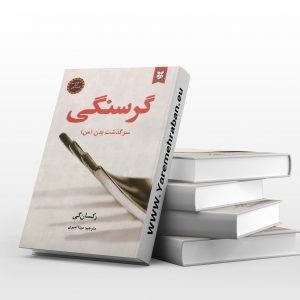
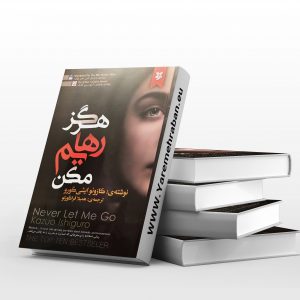
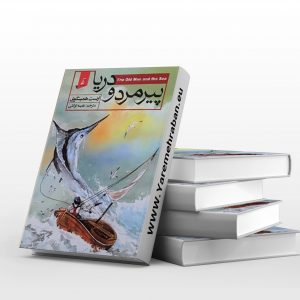
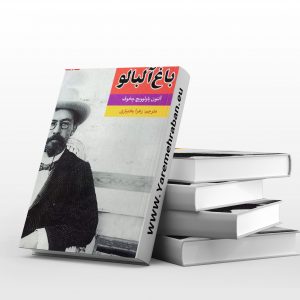

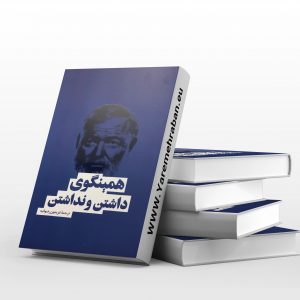
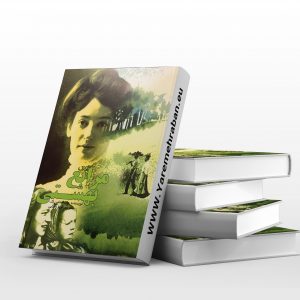
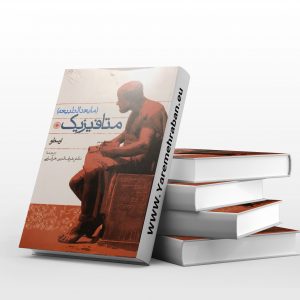
Reviews
There are no reviews yet.